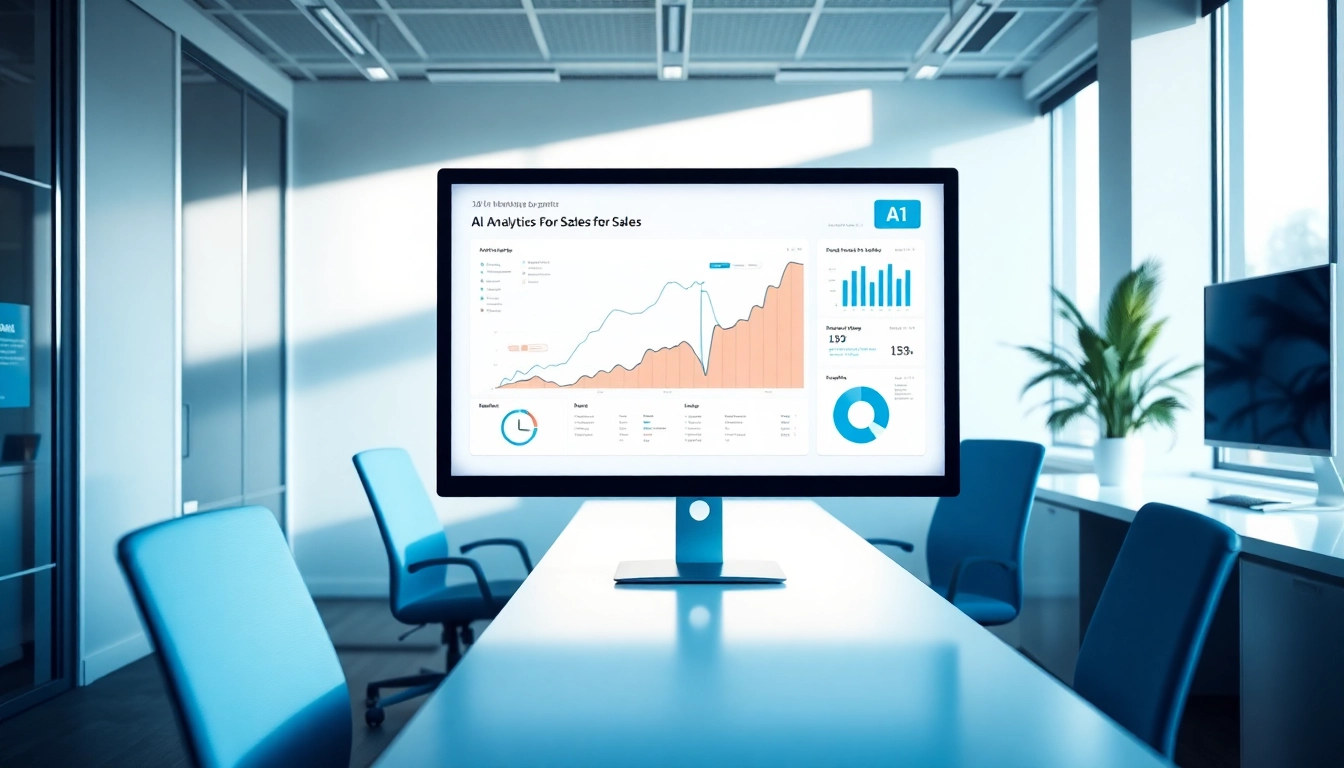Understanding the Role of Real Estate Cold Calling Experts
In the competitive landscape of real estate, establishing connections with potential clients through effective communication is paramount. This is where real estate cold calling experts play a critical role. These professionals specialize in reaching out to prospective leads, fostering relationships, and ultimately driving sales. Their expertise goes beyond mere phone calls; it involves understanding the nuances of the real estate market, the psychology of communication, and the specific needs of clients. This article delves deep into the complex world of real estate cold calling, shedding light on its importance, the skills involved, and best practices for achieving success.
What Do Real Estate Cold Calling Experts Do?
Real estate cold calling experts engage in outreach efforts to identify and contact potential sellers or buyers. Their main responsibilities include:
- Lead Generation: Cold callers actively seek out leads by contacting individuals or businesses that may have an interest in buying or selling real estate.
- Market Research: They gather valuable market insights by communicating with prospects, helping agents understand incoming trends and buyer sentiments.
- Appointment Setting: These experts aim to secure appointments for real estate professionals, creating opportunities for in-person or virtual meetings to discuss real estate needs in detail.
- Relationship Building: Beyond immediate sales, they establish long-term relationships with clients, positioning themselves as trusted authorities in the market.
Importance of Cold Calling in Real Estate
While digital marketing strategies have gained traction, cold calling remains a potent tool in the real estate arsenal. Several factors emphasize its significance:
- Personal Touch: Cold calling allows for a personalized approach that digital means often lack. Direct conversations can establish rapport much quicker than emails or ads.
- Immediate Feedback: Real-time dialogues provide immediate insights into client needs, preferences, and objections, allowing agents to tailor their approach on the spot.
- Targeted Outreach: Cold calling enables agents to target specific demographics or geographical areas, optimizing their efforts for better results.
- Cost-Effective: Compared to extensive digital ad campaigns, cold calling can be a more budget-friendly option for generating leads, especially for small businesses.
Key Skills of Successful Cold Callers
Effective cold calling hinges on a combination of skills that allow experts to communicate efficiently and persuasively. Some of these essential skills include:
- Active Listening: Understanding client needs starts with actively listening rather than solely speaking.
- Effective Communication: The ability to articulate thoughts clearly and persuasively is crucial.
- Resilience: Handling rejection gracefully is part of the job, and resilience helps cold callers maintain motivation.
- Market Knowledge: A deep understanding of the local market ensures that callers can provide valuable insights and build credibility.
Best Practices for Effective Cold Calling in Real Estate
Developing a Robust Cold Calling Strategy
A successful cold calling endeavor requires a well-structured strategy. Here are steps to formulate an effective cold calling plan:
- Define Your Target Audience: Determine who your ideal clients are — their demographics, interests, and specific needs.
- Set Clear Objectives: Employ SMART goals (Specific, Measurable, Achievable, Relevant, Time-bound) to direct your calling efforts.
- Create a Call Schedule: Consistency is key; establish a regular calling schedule that maximizes the chances of reaching prospects.
- Prepare for Objections: Anticipate common objections and prepare effective responses to help convert a no into a yes.
Creating Engaging Cold Calling Scripts
A well-crafted script can significantly enhance a caller’s effectiveness. Essential components of a compelling script include:
- Strong Opening: Start with a warm greeting and an engaging hook to capture attention quickly.
- Clearly Defined Value Proposition: Convey what value you bring to the prospect — whether it’s insights about the market or savings on future investments.
- Open-Ended Questions: Use open-ended questions to foster dialogue and glean more information from the prospect.
- Strong Closing: Conclude with a clear call to action, guiding the prospect on what to do next, whether it’s scheduling a follow-up or setting an appointment.
Utilizing Technology to Enhance Cold Calling
Embracing technology can streamline cold calling processes and improve outcomes. Useful tools include:
- CRM Software: Customer relationship management (CRM) platforms help track interactions and manage leads effectively.
- Auto-Dialing Systems: These systems can increase the volume of calls made without sacrificing quality, making the process more efficient.
- Call Recording: Recording calls can provide invaluable insights for training and refining sales techniques based on real interactions.
- Lead Generation Tools: Utilize tools to identify potential leads by compiling various data sources for targeted calling.
Overcoming Challenges in Real Estate Cold Calling
Handling Rejection and Building Resilience
Rejection is an inevitable part of cold calling. Building resilience is crucial for success. Here are strategies to cope:
- Mindset Shift: View rejection as a learning opportunity rather than a failure. Each call can provide insights that help refine your approach.
- Regular Reflection: Take time to reflect on calls that went well or poorly to better understand what techniques resonate with prospects.
- Seek Support: Surround yourself with a network of cold calling peers or mentors who can provide advice, encouragement, and motivation.
Compliance with Cold Calling Regulations
In the realm of real estate cold calling, adherence to regulations is critical. Compliance ensures the protection of both the caller and the potential client. Some essential regulations include:
- Do Not Call List: Always check if a number is on the National Do Not Call Registry and respect individuals’ preferences.
- State-Specific Rules: Be aware of local and state laws that might have unique requirements regarding cold calling practices.
- Record Keeping: Maintain thorough records of calls made and responses to provide accountability and transparency.
Common Mistakes to Avoid
Even experienced cold callers can fall victim to mistakes that can be avoided. Key pitfalls include:
- Not Researching Leads: Failing to prepare by not understanding client backgrounds or needs can lead to ineffective conversations.
- Overly Aggressive Tactics: Pushing too hard for a sale can alienate potential clients; focus on building a relationship first.
- Ignoring Feedback: Failing to adjust based on client feedback can hinder your overall effectiveness; listen and adapt accordingly.
Measuring the Success of Cold Calling Efforts
Key Performance Indicators to Track
To gauge the effectiveness of cold calling, it’s essential to measure key performance indicators (KPIs), such as:
- Call Conversion Rate: The percentage of calls that lead to appointments or further engagement.
- Average Call Duration: Analyzing average call lengths can indicate how effectively you’re engaging prospects.
- Follow-Up Rates: Track how many leads require follow-up and how effective those results are at converting into clients.
- Return on Investment (ROI): Calculate the financial return on cold calling efforts against the costs to ensure profitability.
Adjusting Techniques Based on Feedback
Feedback from prospects is a treasure trove of information. Regularly collect and analyze this feedback to inform your strategies, including:
- Post-Call Surveys: After a meaningful conversation, send follow-up surveys to gauge client perceptions and suggestions.
- Team Reviews: Employ regular team discussions to share insights on what works and what doesn’t, overall enhancing team-wide performance.
Continuously Improving Your Cold Calling Approach
The landscape of real estate evolves constantly. To stay ahead, implement continuous improvement methods:
- Ongoing Education: Stay updated on market trends, technologies, and strategies through workshops, online courses, and industry literature.
- Performance Reviews: Conduct regular assessments of your cold calling sessions to identify strengths and weaknesses.
- Role-Playing Exercises: Engage in practice calls with colleagues to refine skills and experiment with new strategies.
Finding the Right Real Estate Cold Calling Experts for Your Needs
Evaluating Cold Calling Services
When considering outsourcing cold calling tasks, it’s essential to evaluate potential service providers comprehensively. Here are critical factors to consider:
- Experience and Expertise: Look for services with a proven track record in the real estate sector.
- Client Testimonials: Reviews from other clients can provide insights into the service provider’s effectiveness and reliability.
- Training and Support: Assess the level of training provided to their cold callers, ensuring they possess the necessary skills.
- Customization: Seek services that offer tailored solutions rather than one-size-fits-all approaches.
How to Interview and Hire Cold Callers
Hiring a cold caller involves probing for skills beyond speaking ability. Key aspects to focus on during interviews include:
- Role-Playing Scenarios: Conduct role-playing exercises to gauge real-time problem-solving and communication abilities.
- Behavioral Questions: Ask about past experiences to understand their approach to challenges.
- Industry Knowledge: Assess their familiarity with real estate trends and terminologies.
Setting Expectations and Goals for Success
Once you’ve chosen the right cold calling experts, ensure you set clear expectations:
- Define Specific Metrics: Clearly state the goals for lead generation, appointment-setting, and overall conversion rates.
- Regular Check-Ins: Establish a routine for feedback sessions to discuss progress and adjust strategies as necessary.
- Encourage Collaboration: Ensure seamless collaboration between your in-house team and cold callers for maximum efficiency.



